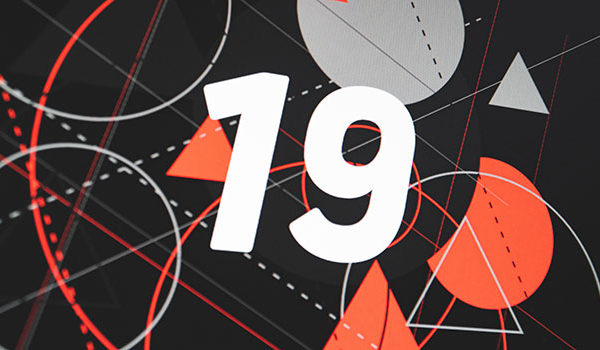In April of this year, Jonathon Penney – an Assistant Professor of Law at Dalhousie University, and a Research Fellow at The Citizen Lab, Munk School of Global Affairs at the University of Toronto – published an article in the Berkeley Technology Law Journal that provides evidence of “regulatory ‘chilling effects’ of Wikipedia users associated with online government surveillance.”

Image Source: The Electronic Frontier Foundation
In the paper titled “Chilling Effects: Online Surveillance and Wikipedia Use,” Penney argues that the study demonstrates “how government surveillance and similar actions may impact online activities, including access to information and knowledge online.” He proves his hypothesis by examining Wikipedia traffic data following the exposure of the NSA’s surveillance programs.
Penney bases his hypothesis on the “Chilling Effects Theory,” which is a manifestation of the “chilling effects doctrine” born within the context of the U.S. Constitution’s First Amendment jurisprudence. Penny states that this doctrine “took shape in a series of cases decided in the 1950s and 60s that dealt with anti-communist state measures.”
Ultimately, this theory is pinned by the assumption that citizen behavior is affected by government actions and/or policies. Penny writes, “certain state acts may chill or deter people from exercising their freedoms or engaging in legal activities.”
Daniel Solove – Associate Professor at George Washington University Law School – argued in his 2006 paper:

Of course, this is not always bad. Social control should be utilized to a certain extent to prevent things such as crime, but “too much social control, can adversely impact freedom, creativity and self-development.”
Solove’s argument correlates with Penney’s findings regarding the “chill effect” on Wikipedia traffic, particularly traffic to Wikipedia articles about “terror groups and their techniques.”
Penny’s findings leave readers with several questions. The most significant being, what does this mean for a democratic society?
Perhaps the answer to that question lies in the more personal question, have the post-Snowden revelations altered your online behavior?
To read a full draft of Penny’s article, please follow this link.








